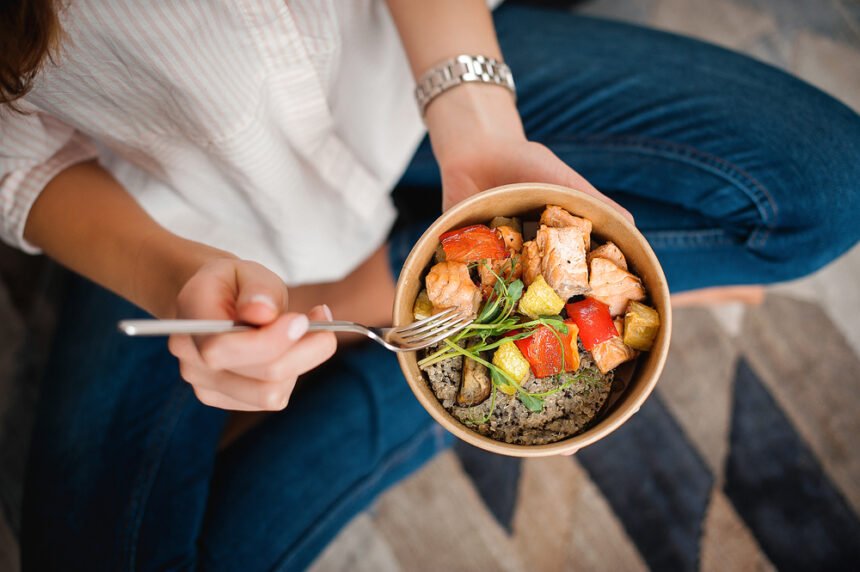Nutrition is rarely considered a standard rehabilitation intervention for people recovering from accident-related injuries. Instead, they are often prescribed medications and referred to specialists. As time passes, many accident victims are encouraged to rest and try different exercises to improve their mobility.
However, nutrition can also be necessary for injury recovery. In fact, specific dietary inclusions may even mitigate some adverse effects of immobilization and surgery for faster healing. While a healthy diet will not replace traditional medical care, you may enjoy a more straightforward healing process with these dietary inclusions:
Protein
While your chosen car accident lawyers take care of all the hard work surrounding receiving compensation, you can remain focused on your health and recovery. Adding protein to your diet may be one of the best first steps you can take.
Protein-rich foods like legumes, poultry, fish, and eggs can all be helpful for tissue repair and healing. The more of these you include in a well-balanced diet, the faster your wounds may heal.
Fats
Fats get a bad rap but can be essential for many bodily functions, including vitamin absorption. Fats can also provide us with energy and support our immune responses at the same time. However, that doesn’t mean you should visit your local takeout restaurant and fill up on burgers and fries. Our bodies need healthy fats from more natural sources like seeds, nuts, and avocado.
Vitamin A
Vitamin A can be found in leafy greens, sweet potatoes, cheese, and even liver. If you don’t already include these foods in your everyday diet, you might consider it after a car accident. Vitamin A is crucial for wound healing and skin maintenance. This vitamin increases the rate of wound resurfacing while also reversing some repressive effects of anti-inflammatory steroids.
Vitamin K
While you might already be consuming leafy green vegetables, liver, and fatty fish for Vitamin A and other nutrients, you can also consume such foods for the Vitamin K content. Vitamin K is vital for blood clotting and can also aid in wound healing. It can also help keep your gums healthy.
When your car accident has left you with many painful wounds, any natural way to accelerate healing time can be appreciated. Experts believe Vitamin K’s wound-healing abilities relate to its blood coagulation system.
Carbohydrates
Healing from accident-related injuries can be exhausting. It’s only natural to feel fatigued as your body tries to repair all the damage. While carbohydrates may not promote superior healing, they can sometimes give you the energy you need to heal. Carbohydrates can also play a part in stopping muscles and protein from breaking down.
However, some carbohydrates are better than others. For example, you should limit ‘bad carbs’ like white bread, white rice, French fries, and pastries. Instead, consume ‘good’ carbs like legumes, whole-grain bread, fruit, and vegetables.
Iron
While you’ll need to ensure adequate Vitamin C for improved absorption, iron can be an important inclusion in your post-accident diet. Iron in lean red meat, fish, poultry, and leafy greens can help form hemoglobin and transport oxygen. Iron is also involved in collagen formation, which can provide structure for new tissue growth.
Recovering from car accidents takes time and, sometimes, medical intervention. However, you may be able to enhance the healing process by including these essential nutrients in your diet.

